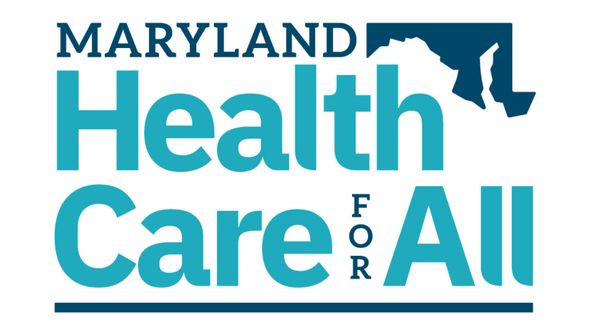The Washington Post
Ovetta Wiggins
April 13, 2018
A federal appeals court has struck down a Maryland drug-price-gouging law, a first-of-its-kind measure aimed at lowering the price of off-patent or generic drugs.
The U.S. Court of Appeals for the Fourth Circuit said in a 2-to-1 ruling that the 2017 law is unconstitutional because it violates the commerce clause of the U.S. Constitution.
“Although we sympathize with the consumers affected by the prescription drug manufacturers’ conduct and with Maryland’s efforts to curtail prescription drug price gouging, we are constrained to apply the dormant commerce clause to the Act,” Judge Stephanie D. Thacker wrote for the majority opinion. “We hold that the Act is unconstitutional under the dormant commerce clause because it directly regulates transactions that take place outside Maryland.”
Last year, Maryland became the first state in the country to give its attorney general the power to take legal action against drug companies that dramatically increase the price of off-patent or generic drugs.
The Association for Accessible Medicines, a trade group, sued Attorney General Brian E. Frosh (D) and Dennis R. Schrader, who was the state’s acting health secretary, to block the measure.
The drug trade group argued that the law was “overreaching” and vague and wrongly gave the state power to regulate interstate commerce and business in other states. The suit also claimed that the measure violated the companies’ right to due process.
A district court upheld the law, but the plaintiffs appealed.
On Friday, the appeals panel sent the lawsuit back to the lower court with instructions to enter a judgment in favor of the trade group.
“We’re gratified by the decision because we believe that the law would have the reverse impact than it was trying to achieve,” said Jeff Francer, AAM’s general counsel, noting that the legislation did not apply to expensive brand-name drugs. “Generic drugs bring great savings to people and are not the cause of the great budget issues around health care that are impacting the states.”
The decision could have a far-reaching effect. According to the Association for Accessible Medicines, a national generic-drug trade group, Illinois and Louisiana are considering legislation modeled after Maryland’s law.
The ruling is also a blow to health-care advocates in Maryland and to Frosh, who pushed for the landmark bill, which had bipartisan support and became law last year without being signed by Gov. Larry Hogan (R).
Hogan questioned whether the measure would pass constitutional muster.
“As in the past, we stand ready to help the Attorney General any way we can to keep in place this lifesaving law,” said Vincent DeMarco, president of the Maryland Citizens Health Initiative. “Under his leadership, I’m confident of our ultimate success of protecting Marylanders from prescription-drug-price gouging.”
Frosh said he is “evaluating all options with regard to next steps.”
In a statement, he echoed points made by Judge James A. Wynn Jr. in his dissenting opinion, arguing that the “panel majority misunderstood the scope of the statute, which protects Maryland consumers against unconscionable increase in the price of certain essential medicine, and which does not regulate prices charged to consumers in other states.”
Frosh said the court’s ruling “substantially intrudes on the States’ reserved powers to legislate to protect the health, safety, and welfare of their citizens.’”
Thacker wrote that the ruling does not bar states from enacting legislation meant to lower prescription drug prices, noting that the Supreme Court upheld a Maine law more than a decade ago that took a different approach.
The Maine law allowed the state to negotiate rebates with drug manufacturers to fund reduced-price drugs offered to low-income people enrolled in a state program.
Last modified: April 13, 2018



